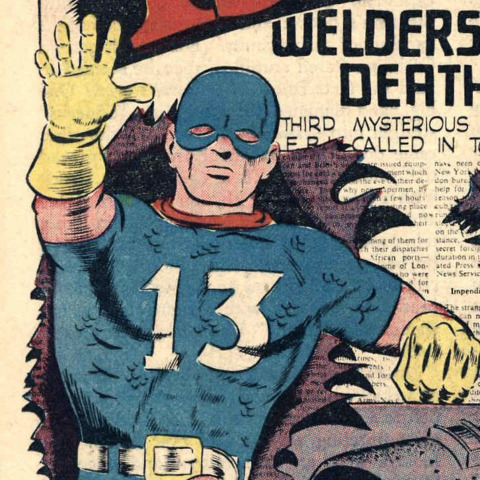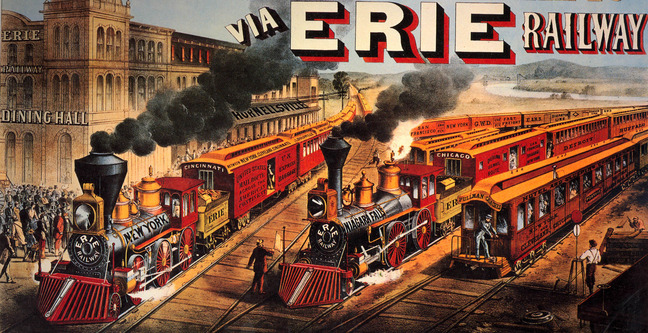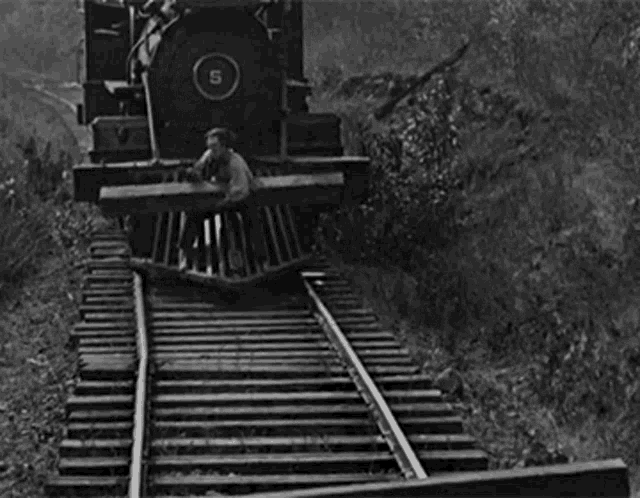 In TIG Ins. Co. v. Woodsboro Farmers Coop., the Fifth Circuit identified fact issues that precluded summary judgment in an insurance-coverage case.
In TIG Ins. Co. v. Woodsboro Farmers Coop., the Fifth Circuit identified fact issues that precluded summary judgment in an insurance-coverage case.
A key is whether damage to certain grain silos was “property damage” under a CGL policy. The diistrict court concluded that damage was due to defective construction. The Fifth Circuit credited the insured’s evidence that wind and weather caused the silos’ metal parts to degrade, bend, and fatigue. This evidence, including testimony from an inspector who saw the damage, supported the insured’s argument that the damage was not merely cosmetic but a “harmful change in appearance, shape, composition, or some other physical dimension to the claimants’ property.”
The Court also noted a fact issue about whether the damage occurred during the policy period, emphasizing that under Texas law, “occurred means when damage occurred, not when discovery occurred,” making it irrelevant that the damage was first observed after the policy period expired. No. 23-40435, Sept. 20, 2024.








